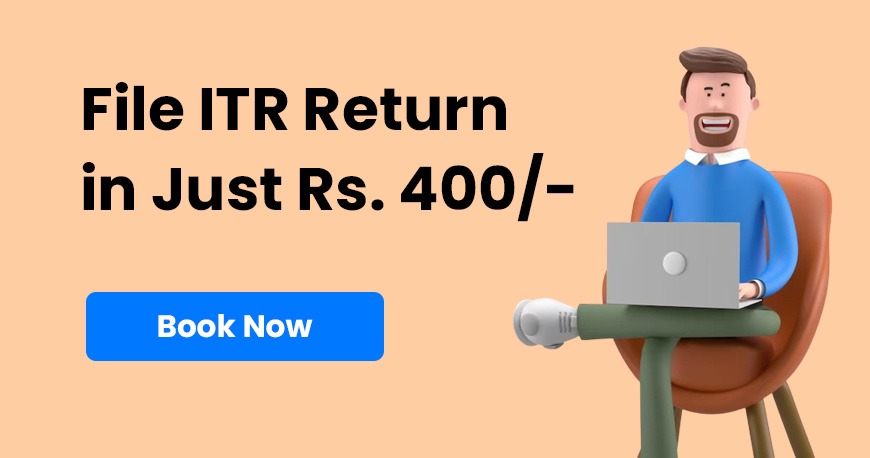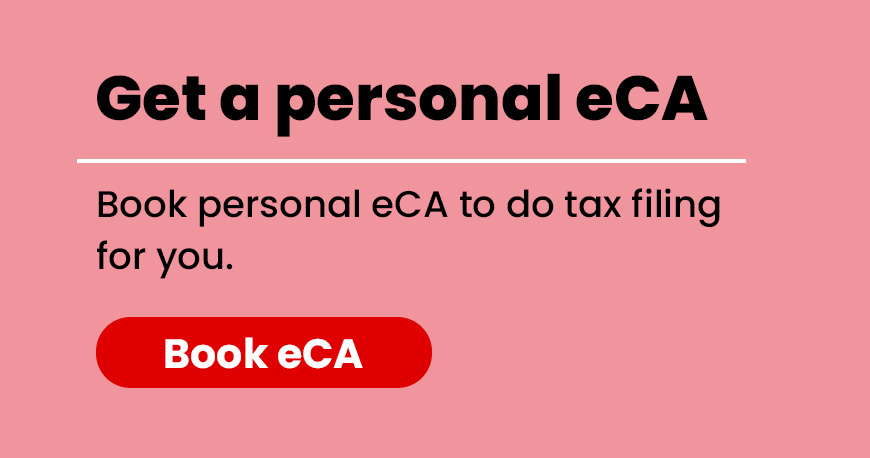Understanding the difference Among Tax Exemption, Tax Deduction, and Tax Rabate
Tax deductions are a way to lower the amount of your income that is subject to taxation. You can claim deductions when you have incurred specific expenses or made investments that are eligible for tax deductions.
Understanding the difference Among Tax Exemption, Tax Deduction, and Tax Rabate
Taxes can be puzzling sometimes, but understanding the basics can ease your worries. When filing your taxes, you will encounter sections for income, investments, and expenses, which determine your tax liability. To demystify this process, let's explore Tax Exemptions, Deductions, and Rebates. These concepts can help reduce your tax bill, making it simpler and less stressful.
What is Tax Deduction?
Tax deductions are a way to lower the amount of your income that is subject to taxation. You can claim deductions when you have incurred specific expenses or made investments that are eligible for tax deductions.
These deductions cover various expenses like medical bills, tuition fees, and transportation costs. Here are a few examples of deductions available to taxpayers:
- Section 80C: This section covers specific types of investments like Provident Funds, Public Provident Funds, National Savings Certificates, Equity equity-linked savings Schemes, and more.
- Section 80D: It's for those who have paid medical insurance premiums.
- Section 80E: If you're repaying the interest on an Education Loan, this section applies.
- Section 80G: This section is for those who make donations.
- Section 80TTA: It covers the interest you earn on your Savings Account.
Each deduction has its own limits, and by making eligible investments or expenses, you can reduce the total amount of tax you need to pay.
What is Tax Exemption?
Tax exemption allows taxpayers to decrease their taxable income, meaning certain types of income, expenditure, or investments are not subject to tax. Here are some examples of items that qualify for tax exemption:
- HRA (House Rent Allowance): The allowance for housing expenses.
- Leave Travel Allowance (LTA): Money for your travel expenses during leave.
- Gratuity, VRS, or Pension: Amounts received in the year of assessment.
- Perquisites like mobile phones and laptops: Value of these benefits you receive from your employer.
- Company accommodation: Housing provided by your employer.
- Agricultural Income: Income from farming activities.
- Capital Gains under Section 54, 54CE, and 54F: Exemptions on capital gains from specific sources.
It's important to note that these exemptions can only be claimed for the specific type of income they apply to, and not from your total income. For instance, exemptions under the salary head cannot be claimed for any other type of income.
What is Tax Rebate?
Imagine this: you paid your taxes, but it turns out you paid too much. Good news - you can get some of that extra money back through a tax rebate! It's like a friendly refund from the tax department for the extra taxes you paid the previous year.
Now, here's the catch: whether you are eligible for a rebate depends on the tax rules. In the old tax system, if your total income was less than Rs 5 lakhs, you could claim a rebate. But there's a change with the new rules in Budget 2023. Under the new tax system, you can get a rebate if your taxable income is less than 7 lakhs.
In a nutshell, tax exemption and deductions help reduce your tax bill, while a tax rebate gives you back the extra money you paid in taxes last year. These are all ways the tax department helps you keep more of your money.
Differences Between Tax Deduction, Tax Exemption, and Tax Rebate
Treatment of Income:
Tax exemption excludes specific income from taxation.
Tax deduction reduces your taxable income by the eligible amount.
Tax rebate directly reduces your tax liability, resulting in a refund in some cases.
Nature of Benefit:
Tax exemption benefits individuals by not taxing specific types of income.
Tax deduction incentivizes spending in specific areas and lowers taxable income.
Tax rebate provides a direct reduction in the tax you owe, offering immediate financial relief.
Eligibility Criteria:
Tax exemption eligibility is based on the type of income received.
Tax deduction eligibility depends on meeting specific criteria related to expenses or investments.
Tax rebate eligibility varies based on expenses, investments, and other financial actions.
Choosing the Right Strategy for Tax Savings
To effectively manage your tax liability, you should consider a combination of tax exemption, tax deduction, and tax rebate strategies. The choice of strategy depends on your financial situation, income sources, and future financial planning goals.
By understanding the differences between these tax-saving options, you can make informed decisions to optimize your tax savings while staying within the bounds of the law. Additionally, consulting with a tax professional or financial advisor can provide valuable insights tailored to your unique circumstances.
Conclusion
Summing it up, tax exemptions, tax deductions, and tax rebates are powerful tools that help individuals and businesses reduce their tax liabilities. Understanding the key differences between these concepts is essential for effective financial planning and maximizing tax savings.
Also Read: How To Generate a Rental Receipt For Income Tax and avail HRA Benefits
FILING YOUR INCOME TAX RETURN F.Y 2022-23 (A.Y. 2023-2024) WITH MYITRONLINE
Income tax filing deadline is right around the corner. If you haven’t filed yet, do it now for FREE on Myitronline! Avoid last minute rush and file your tax return today on MYITRONLINE in Just 5 mins.(www.myitronline.com)
If you are looking for eCA assistance to file your income tax return/ GST, you can opt for MYITRONLINE eCA assisted plan starting
Upload Salary Individual Form-16
If you have any questions with filing your tax return, please reply to this mail. info@myitronline.com OR call 9971055886.
Note-All the aforementioned information in the article is taken from authentic resources and has been published after moderation. Any change in the information other than fact must be believed as a human error. For queries mail us at marketing@myitronline.com
Krishna Gopal Varshney
An editor at MyitronlinenewsKrishna Gopal Varshney, Founder & CEO of Myitronline Global Services Private Limited at Delhi. A dedicated and tireless Expert Service Provider for the clients seeking tax filing assistance and all other essential requirements associated with Business/Professional establishment. Connect to us and let us give the Best Support to make you a Success. Visit our website for latest Business News and IT Updates.









